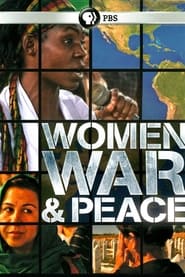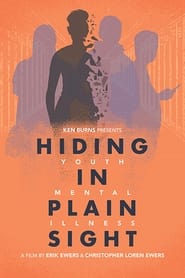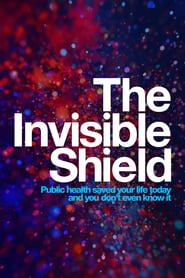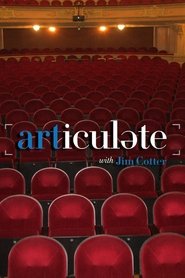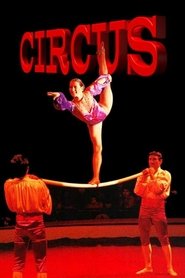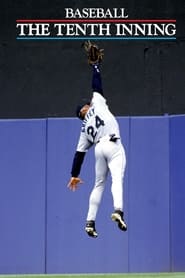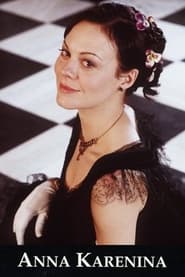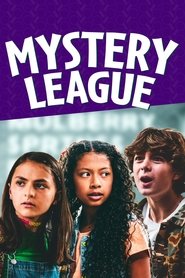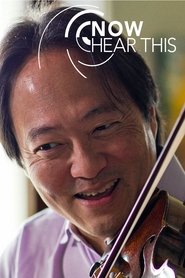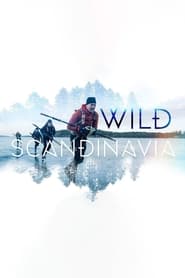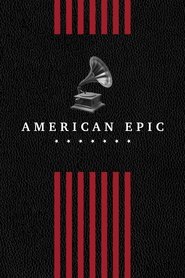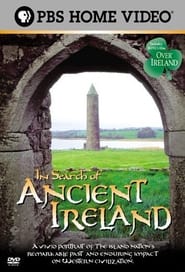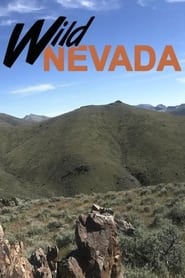Pbs TV Series - Page 20
-
Women, War & Peace
2011
star 10What if you looked at war as though women mattered? What if you looked at peace as though women mattered? These two questions were at the heart of this critically acclaimed five-part special series. -
Hiding in Plain Sight: Youth Mental Illness
2022
First-person accounts from young people ranging in age from 11-27 about living with mental health conditions. -
Royal Wedding Watch
2018
Royal Wedding Watch
2018
Go behind the headlines with Meredith Vieira for the history, ceremony and traditions shaping the wedding of Prince Harry and Meghan Markle. Experts, commentators and guests join Vieira and U.K. host Matt Baker, while Anita Rani reports from Windsor. -
The Contenders: 16 for '16
2016
Revisit the most influential presidential campaigns of the last 50 years. From Jesse Jackson’s groundbreaking 1984 and 1988 campaigns to Barry Goldwater’s 1964 campaign that launched of a brand of conservatism that influenced both Ronald Reagan and Hillary Clinton. -
The Invisible Shield
2024
star 6This four-part documentary series, reveals a little-known truth: that public health saved your life today and you probably don’t even know it. But while public health makes modern life possible, the work itself is often underfunded, undervalued, and misunderstood. -
The Articulate Hour
2017
The Articulate Hour
2017
Articulate connects audiences to the human stories behind art, offering a trustworthy, visually stimulating, never ordinary take on classical, contemporary, and popular art forms. From acclaimed musicians and best-selling authors to designers changing the way we live, each episode explores what great creative thinkers and doers can tell us about who we are, who we’ve been, and who we might become. -
The Italian Americans
2015
star 8.5The Italian Americans is a PBS documentary series about the Italian experience in America. The series, written and produced by John Maggio and narrated by Academy Award-nominated actor Stanley Tucci, explores the evolution of Italian Americans from the late nineteenth century to today, from “outsiders” once viewed with suspicion and mistrust to some of the most prominent leaders of business, politics and the arts today. -
Circus
2010
Circus
2010
-
Baseball: The Tenth Inning
2010
star 10This two-part sequel to the 1994 series Baseball continues the story of America's national pastime from the early 1990s to 2010. This transformational period leads off with the 1994 players' strike. Other key developments and milestones include the increasing dominance of Latino and Asian players who truly turn the game international; skyrocketing profits; the Red Sox' historic World Series victory; the astonishing feats of Mark McGwire, Sammy Sosa, and Barry Bonds; and the revelations about performance-enhancing drugs that cast a shadow over many athletic accomplishments. -
Anna Karenina
2000
star 7In 19th century Russia, aristocrat Anna Karenina has a passionate extramarital affair with the dashing Count Vronsky that could lead to both their ruin. A four-part British television adaptation of Tolstoy's novel. -
Mystery League
2023
Mystery League
2023
Three fifth grade "detectives" - Millie, Mike and Marta - as they solve the never-ending mysteries of the fictional, small, Arkansas town of Mulberry Springs. -
#MeToo, Now What?
2018
star 1Executive editor and host Zainab Salbi goes beyond the headlines about sexual harassment to ask how we got here and how we move forward. -
Now Hear This
2019
Now Hear This
2019
Now Hear This is a primetime PBS miniseries now filming its 5th season that brings the greatest music ever written to millions of viewers, with modern storytelling that captivates. Now Hear This opens the world of classical music to new audiences, while giving existing fans new ways to love their music. Now Hear This is presented by Great Performances, celebrating its 50th season on PBS, and this year begins international distribution. -
Wild Scandinavia
2023
star 8.3Witness the epic nature of Wild Scandinavia: orca, puffins and eagles rule the fjords; wolves and lynx patrol magical forests; polar bears and musk ox survive arctic extremes. Basejumpers and reindeer herders also embrace the wilderness. -
American Epic
2017
star 7.2Travel the country in search of unknown 1920s artists, when the music of ordinary Americans was recorded for the first time, transforming music forever, in a three-part film narrated by Robert Redford, featuring Jack White, Nas, Taj Mahal and others. -
Oregon Field Guide
0000
star 10Oregon Field Guide is a weekly television program produced by Oregon Public Broadcasting focusing on recreation, the outdoors, and environmental issues in the state of Oregon. Part of the Oregon zeitgeist, it is produced and hosted by Steve Amen. Named for the field guides used to identify plants, animals, and natural phenomenon, the wide-ranging series covers Oregon natural history, outdoor recreation, conservation, agriculture, rural life, and other local subjects. Produced with deep narratives rather than short segments, 13 half-hour and one full-hour episodes are shown per year. -
In Search of Ancient Ireland
2002
An exploration of Ancient Ireland, from 2000 B.C., when Stone Age farmers built some of Europe's largest and most spectacular Neolithic monuments, to 1167 A.D., when invading Normans seized Ireland for England's king. -
Wild Nevada
2001
Wild Nevada
2001
Wild Nevada is a travel-destination series that explores the interior of Nevada. Each program is filmed over two days. Hosts Chris Orr and Dave Santina begin their trip at starting point and travel to their destination. Along the way, they take short side trips to investigate points of interest and unique landmarks. -
Films BYkids
2016
Films BYkids
2016
Films BYkids pairs teenagers from diverse cultures with accomplished filmmakers to create short personal documentaries that encourage understanding about universal issues and help foster empathy and global citizenry. Ashley Judd serves as series narrator, introducing each 30-minute film. The series is a collaboration between THIRTEEN and the non-profit, BYkids.
